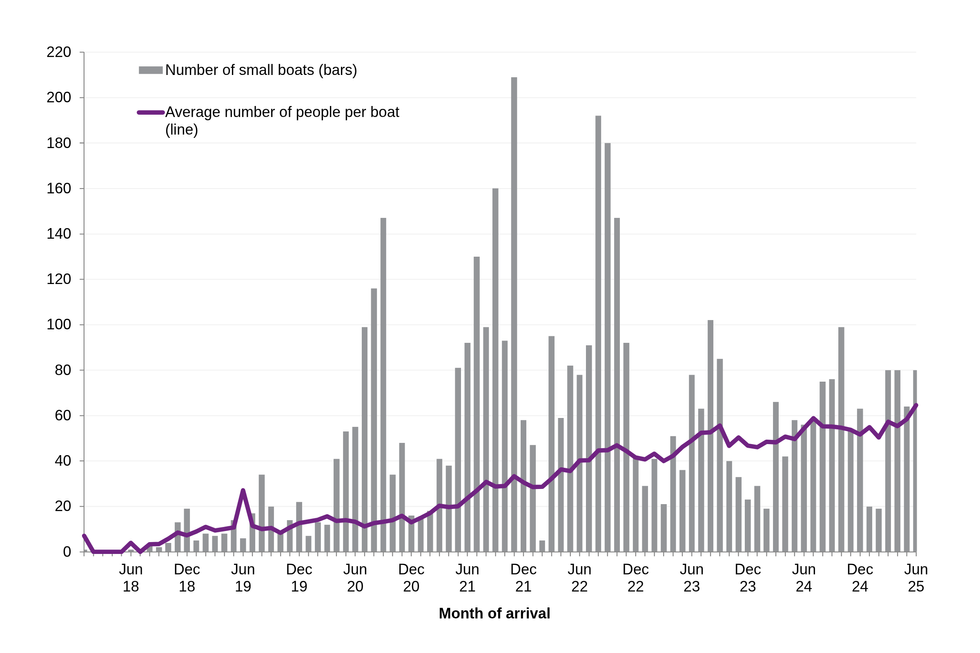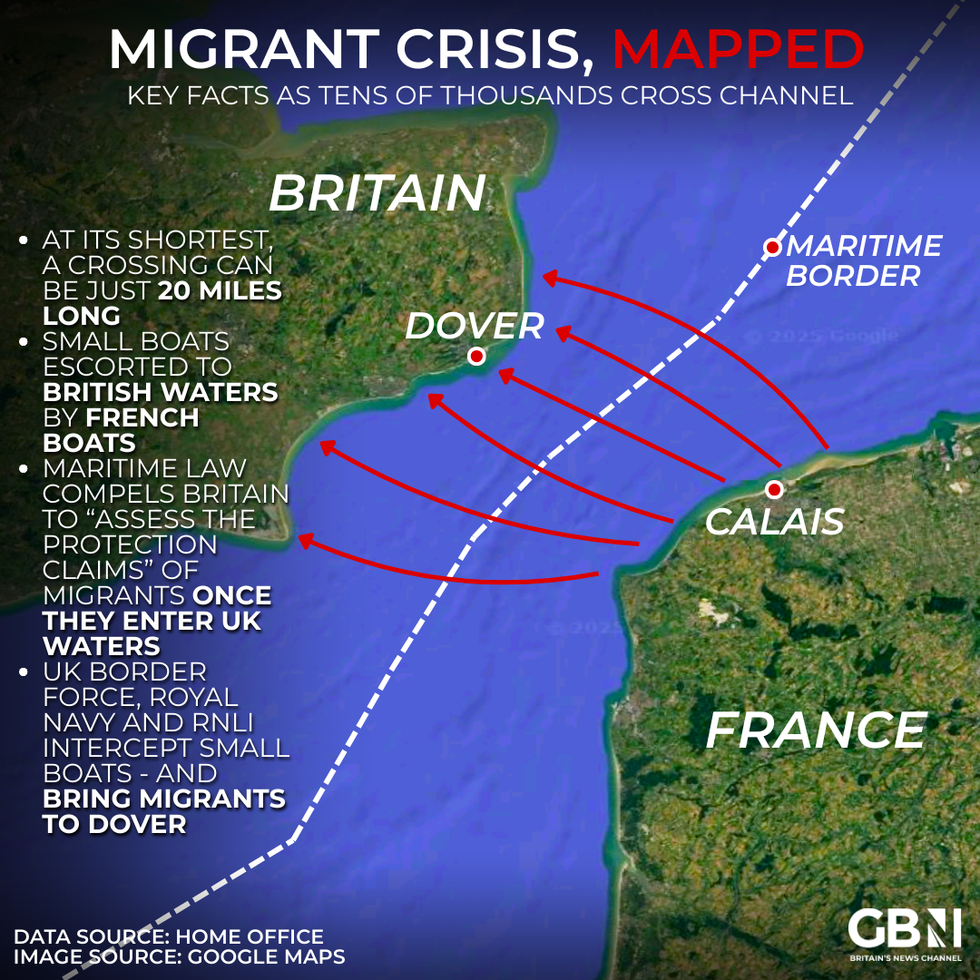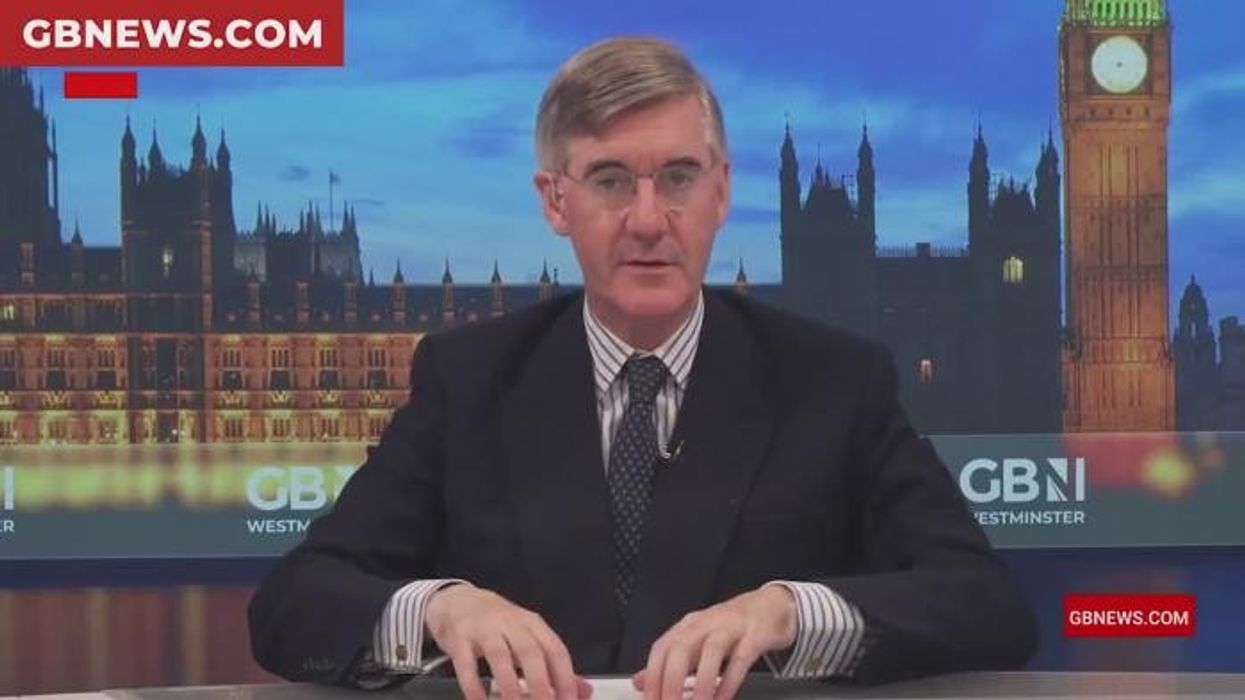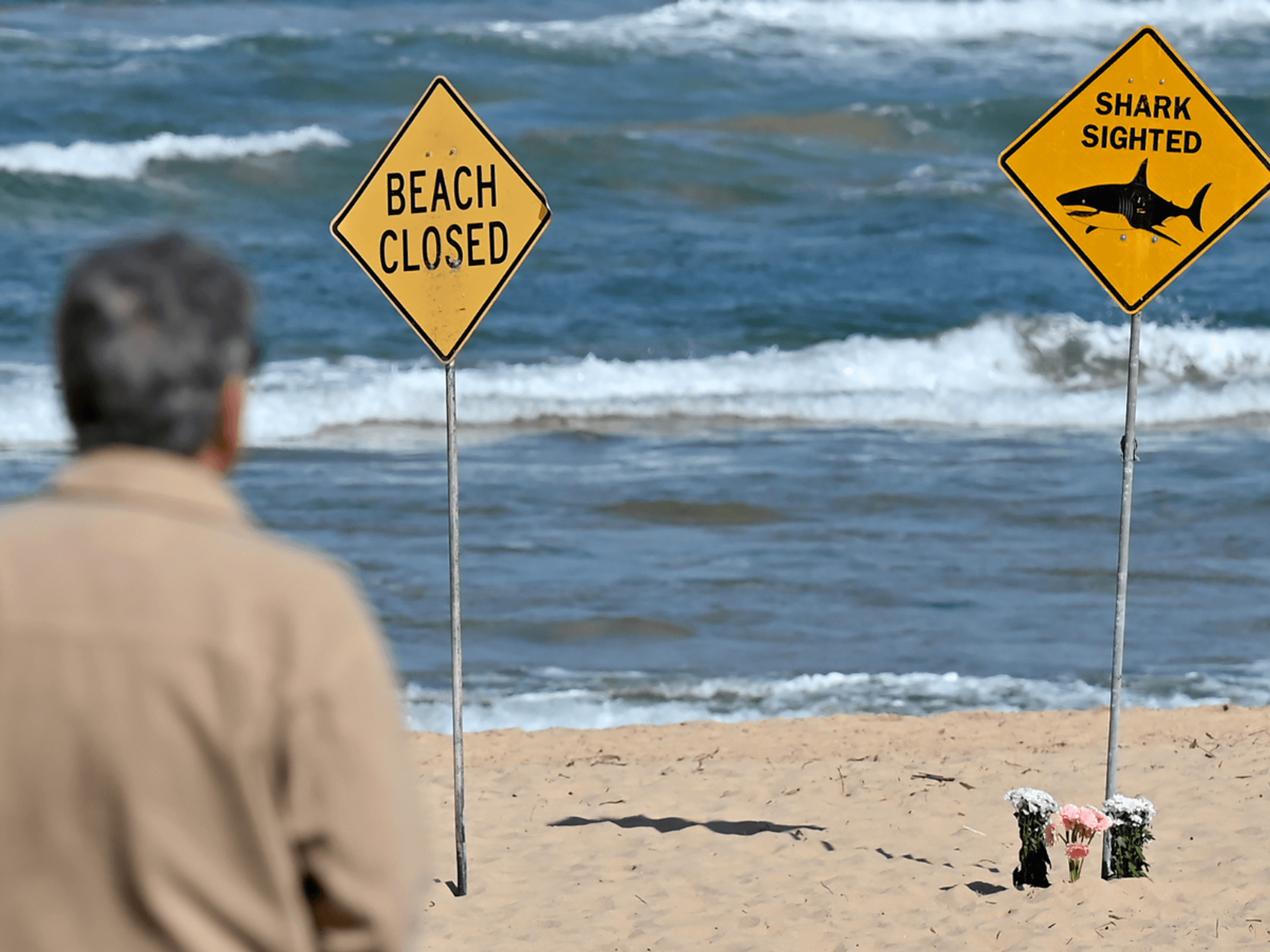EVERY Briton 'to be given state ID card' in bid to end migrant 'pull factor'
The cards, if introduced, could raise barriers to entry on illegal work and deter migrants from crossing the Channel
Don't Miss
Most Read
Trending on GB News
Every Briton will receive a "digital ID card" in plans said to be under consideration by the Prime Minister.
On Tuesday, Sir Keir Starmer chaired an emergency meeting to "explore" how the "pull factors" which attract small boat migrants to the UK could be addressed through the use of the cards.
No10 refused to rule out making ID cards mandatory, saying they would "look at what works".
The Government has been warned multiple times by Emmanuel Macron that the current lack of ID cards in Britain is a large incentive for migrants to cross the Channel.

It is believed the ID cards would be used to counteract the 'pull factors' which attract migrants to the UK
|GETTY
Whitehall sources stressed that the potential introduction of ID cards is still in the early stages - but insiders told The i Paper that ministers agreed with the idea.
Just days after Nigel Farage revealed his party's mass deportation plan, Sir Keir is said to be pushing "further and faster" to stop the flow of illegal migrants - which has increased since Labour came to power last July.
The PM told Cabinet on Tuesday that it was "easy to understand the frustration people feel at the level of illegal crossings and the site of asylum hotels in their communities", his official spokesman said.
MIGRANT CRISIS CRACKDOWNS - READ MORE:

GRAPHED: Monthly small boat arrivals data from the Home Office, released this summer
|HOME OFFICE
The meeting, which involved Home Secretary Yvette Cooper and Chancellor of the Duchy of Lancaster Pat McFadden, is understood to have focused on how to clamp down on "pull factors and illegal working" in relation to the small boats crisis.
This included "exploring options around digital ID, accelerating the closure of hotels and looking at better forms of accommodations, and driving further progress returning people with no right to be here".
Although it is not known how the ID cards would work, nor how they would be obtained, countries in Europe may present an example to be followed.
In the Western world, only Canada, Australia, the UK, New Zealand and Denmark do not have some form of national ID card system.
Mr McFadden pointed to Estonia's digital identification system after taking a trip to the Baltic state over the weekend.

The black economy is believed to be a strong attraction for migrants travelling illegally to the UK
|GB NEWS
He told The Times that Britain was at risk of being left "behind the curve" in adopting new technologies which could be used to better the country by reducing the number of Channel crossings.
Estonia has introduced state-issued digital ID cards which allow citizens to pay bills, vote, sign contracts and access their health information in one go.
In France, national identity cards are plastic and have a chip which contains a person's photograph and fingerprints, while a digital version is available on an app.
The cards can be obtained by citizens either by showing their passport or by presenting other original documents alongside a proof of nationality.

Emmanuel Macron has repeatedly warned that the lack of ID cards in the UK is an incentive for migrants to cross the Channel
|REUTERS
Reports of the digital ID drive follow crackdowns on migrants working illegally over the summer, with a particular focus on the apparent ease for them to begin working as delivery drivers.
Using digital ID cards as a method to deter migrants has already been suggested by some public figures - with outspoken ID advocate and ex-PM Sir Tony Blair leading the calls.
But months ago, campaign group Big Brother Watch warned that a digital system was "Orwellian", and hailed Winston Churchill for scrapping analogue IDs in 1952.
More From GB News











